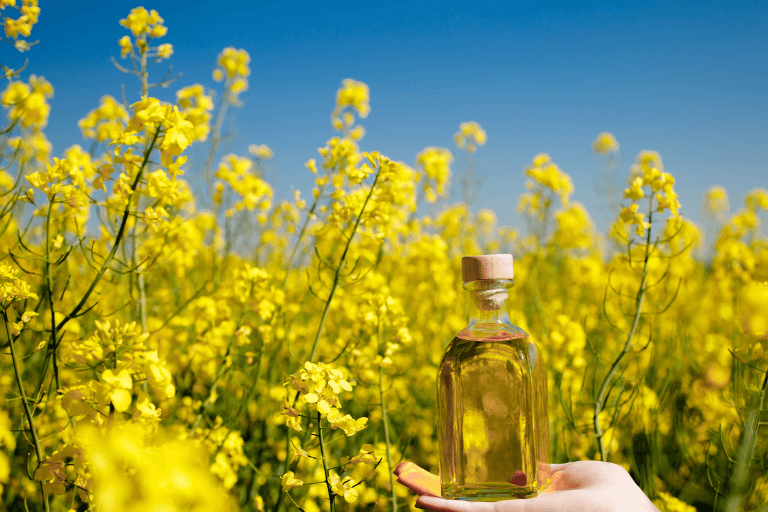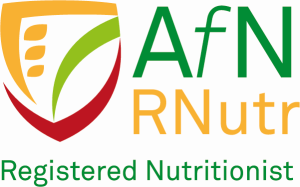Scottish Regional Food Tourism Ambassador, Dr Laura Wyness and community nutrition social enterprise Nutrition Scotland, have developed the first ever Scottish version of the UK’s Eatwell Guide.
Why did we develop the Scottish EWG?
Recent research found that the messages from the UK’s Eatwell Guide need to be tailored more for specific groups. There are already a number of different versions of the Eatwell Guide tailored to specific groups – e.g. The South Asian Eatwell Guide, The African and Caribbean Eatwell Guide and the Vegan version.
We developed a Scottish Eatwell Guide to reflect how nutritious foods that grow and are produced in Scotland fit into a healthy balanced diet.
A healthy, nutritious Scottish diet
A recent insight report suggested that eating healthy food is increasingly important to Scots with 90% saying it’s important to eat healthy food, and for over half, it is either ‘very’ or ‘extremely important’. In 2023, a consumer attitudes survey of adults in Scotland found that a quarter of respondents said it was ‘very’ important to them to have a healthy diet and more than half (54%) said it was ‘quite important.
Perceptions of a Scottish diet
There are some negative stereotypes that Scottish cuisine is linked to consumption of unhealthy high-energy foods (Knight, 2016).
There are many Scottish foods that are packed with nutrients and can be enjoyed as part of a healthy, affordable and sustainable diet. Oats, barley, root and salad vegetables, berries and soft fruit all provide great options for including a variety of plant foods in the diet – great for our gut microbes and general wellbeing. Scotland’s climate and position is well suited for a wide range of sustainably produced seafood, meat and dairy. Scotland also produces oilseed rape which has similar nutritional benefits as olive oil.
Benefits of eating local foods
Sourcing food locally can support local communities, as well as benefit the environment (Scottish Government, 2021). Consumer research from July 2023 found that 4 in 5 Scots (82%) would like to buy food and drink produced in Scotland more often when grocery shopping. (The Knowledge Bank, 2023) There is also a desire for more responsible tourism from visitors. (Visit Scotland, 2022)
Scotland is committed to becoming a Good Food Nation in terms of producing good food in a sustainable way that will benefit the health and economy of the community. Research shows that better adherence to the Eatwell guidelines is associated with a 30% lower dietary carbon footprint and a 7% reduced total mortality risk, compared with those with very low adherence (Scheelbeek et al, 2023). Currently, only around 30% of people in the UK achieve at least five out of the nine Eatwell Guide recommendations, and only 0.1% achieve all nine recommendations (Scheelbeek et al, 2023).
A healthy and balanced Scottish diet
Currently, the average Scottish diet is high in calories, fats, sugar and salt, and low in fibre, fruit and vegetables, and oily fish. But, by focusing on the nutritious produce we have locally, our diets can be healthier, more sustainable and possibly more affordable.
Scottish food can be enjoyed in a healthy balanced diet that could provide similar health benefits as the Mediterranean diet.
Scotland should be proud of and celebrate the food produced here. We hope this guide will help demonstrate how a Scottish diet can be healthy and balanced and inspire people to enjoy a wide range of locally sourced and tasty produce.











